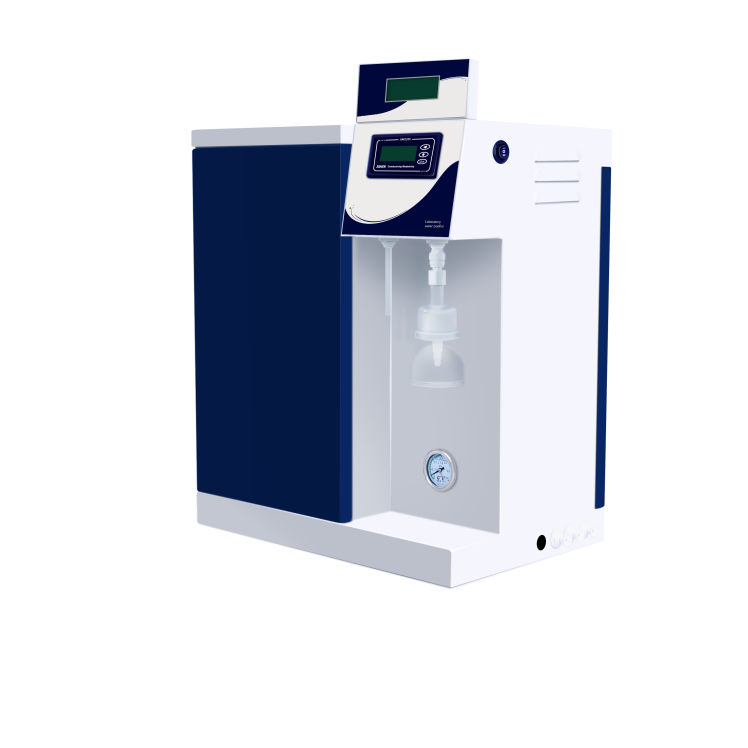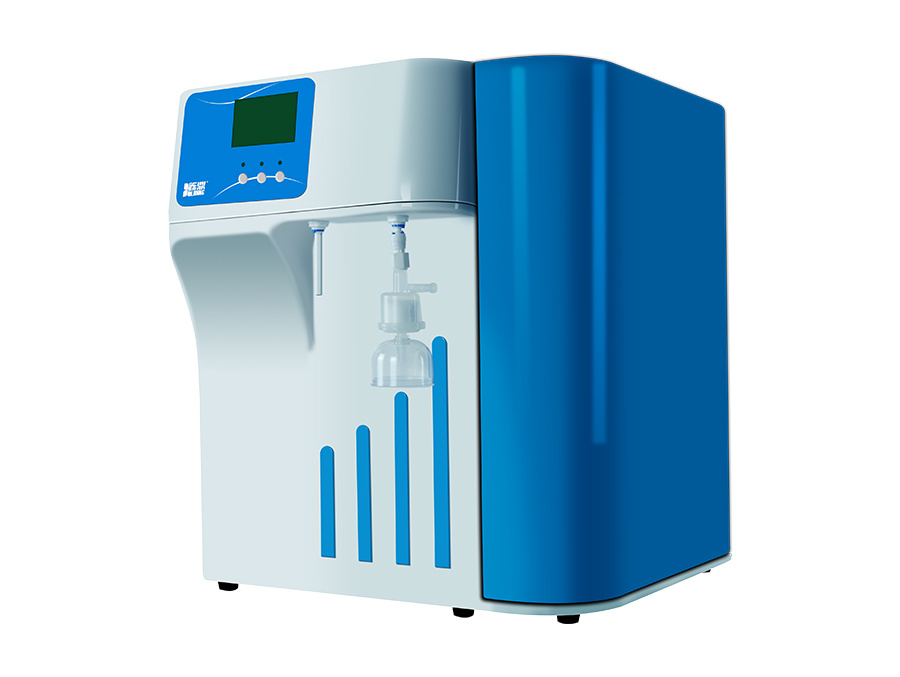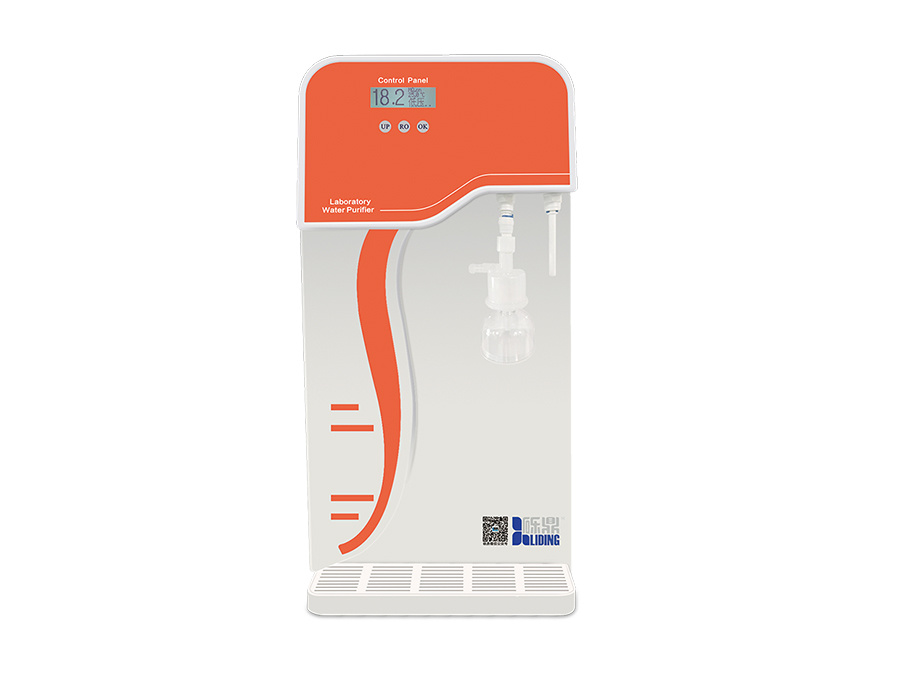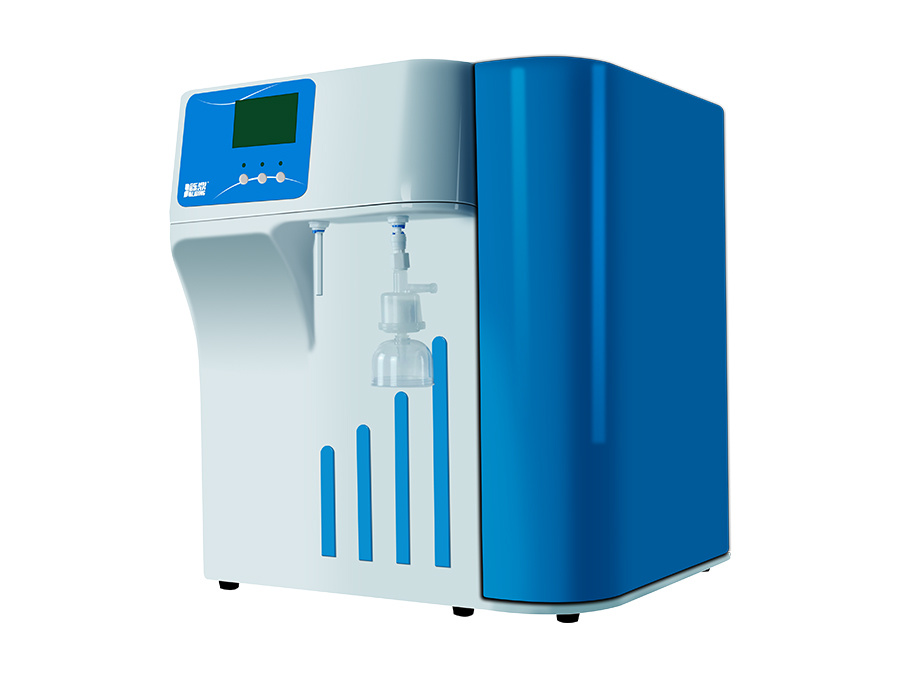Understanding Ultra Pure Water Purifiers: A Key Component in Industrial Water Treatment
Time:
Apr 27,2025
Ultra pure water purifiers are sophisticated devices designed to remove impurities from water, resulting in water with extremely low levels of contaminants. In industrial settings, the necessity for ultra pure water (UPW) is paramount, particularly for applications in pharmaceuticals, microelectronics, and power generation. The quality of water used in these industries directly affects the production process and the quality of the final products.
The process of ultra-purification typically involves a combination of advanced technologies such as reverse osmosis, deionization, and distillation. Reverse osmosis utilizes a semi-permeable membrane to remove larger particles and dissolved solids. Deionization further enhances water purity by exchanging ions, thus eliminating virtually all ionic impurities. Distillation, on the other hand, involves boiling water to create steam and then condensing it back into a liquid, which effectively separates contaminants due to their different boiling points.
One of the primary benefits of using ultra pure water purifiers in industrial applications is the reduction of product contamination. For instance, in the semiconductor manufacturing process, even the smallest impurities can lead to defects in microchips. By using ultra pure water, companies can minimize the risk of contamination, thereby ensuring product integrity and manufacturing efficiency.
Moreover, ultra pure water is crucial in the pharmaceutical industry, where water is often used in drug formulations and cleaning processes. The absence of contaminants ensures that products are safe for consumption and meet stringent regulatory standards. As a result, investing in high-quality ultra pure water purifiers can enhance production reliability and compliance with health regulations.
In addition to product safety, ultra pure water purifiers contribute to operational efficiency. High-purity water reduces the frequency of equipment maintenance and downtime caused by scaling and corrosion. For industries that rely heavily on steam generation, such as power plants, using ultra pure water can improve the efficiency of heat exchangers and boilers, resulting in notable cost savings over time.
Lastly, the environmental impact is an increasing concern in today’s industrial landscape. Utilizing ultra pure water in various processes can reduce the need for chemical treatments, consequently lowering the ecological footprint. As industries strive for sustainability, the role of ultra pure water purifiers becomes even more vital.
In conclusion, ultra pure water purifiers are essential components in industrial water treatment, ensuring high-quality water that meets the stringent requirements of various sectors. By understanding their function and benefits, industries can make informed decisions about their water purification needs, leading to improved product quality, operational efficiency, and environmental sustainability.
The process of ultra-purification typically involves a combination of advanced technologies such as reverse osmosis, deionization, and distillation. Reverse osmosis utilizes a semi-permeable membrane to remove larger particles and dissolved solids. Deionization further enhances water purity by exchanging ions, thus eliminating virtually all ionic impurities. Distillation, on the other hand, involves boiling water to create steam and then condensing it back into a liquid, which effectively separates contaminants due to their different boiling points.
One of the primary benefits of using ultra pure water purifiers in industrial applications is the reduction of product contamination. For instance, in the semiconductor manufacturing process, even the smallest impurities can lead to defects in microchips. By using ultra pure water, companies can minimize the risk of contamination, thereby ensuring product integrity and manufacturing efficiency.
Moreover, ultra pure water is crucial in the pharmaceutical industry, where water is often used in drug formulations and cleaning processes. The absence of contaminants ensures that products are safe for consumption and meet stringent regulatory standards. As a result, investing in high-quality ultra pure water purifiers can enhance production reliability and compliance with health regulations.
In addition to product safety, ultra pure water purifiers contribute to operational efficiency. High-purity water reduces the frequency of equipment maintenance and downtime caused by scaling and corrosion. For industries that rely heavily on steam generation, such as power plants, using ultra pure water can improve the efficiency of heat exchangers and boilers, resulting in notable cost savings over time.
Lastly, the environmental impact is an increasing concern in today’s industrial landscape. Utilizing ultra pure water in various processes can reduce the need for chemical treatments, consequently lowering the ecological footprint. As industries strive for sustainability, the role of ultra pure water purifiers becomes even more vital.
In conclusion, ultra pure water purifiers are essential components in industrial water treatment, ensuring high-quality water that meets the stringent requirements of various sectors. By understanding their function and benefits, industries can make informed decisions about their water purification needs, leading to improved product quality, operational efficiency, and environmental sustainability.
RELATED NEWS








